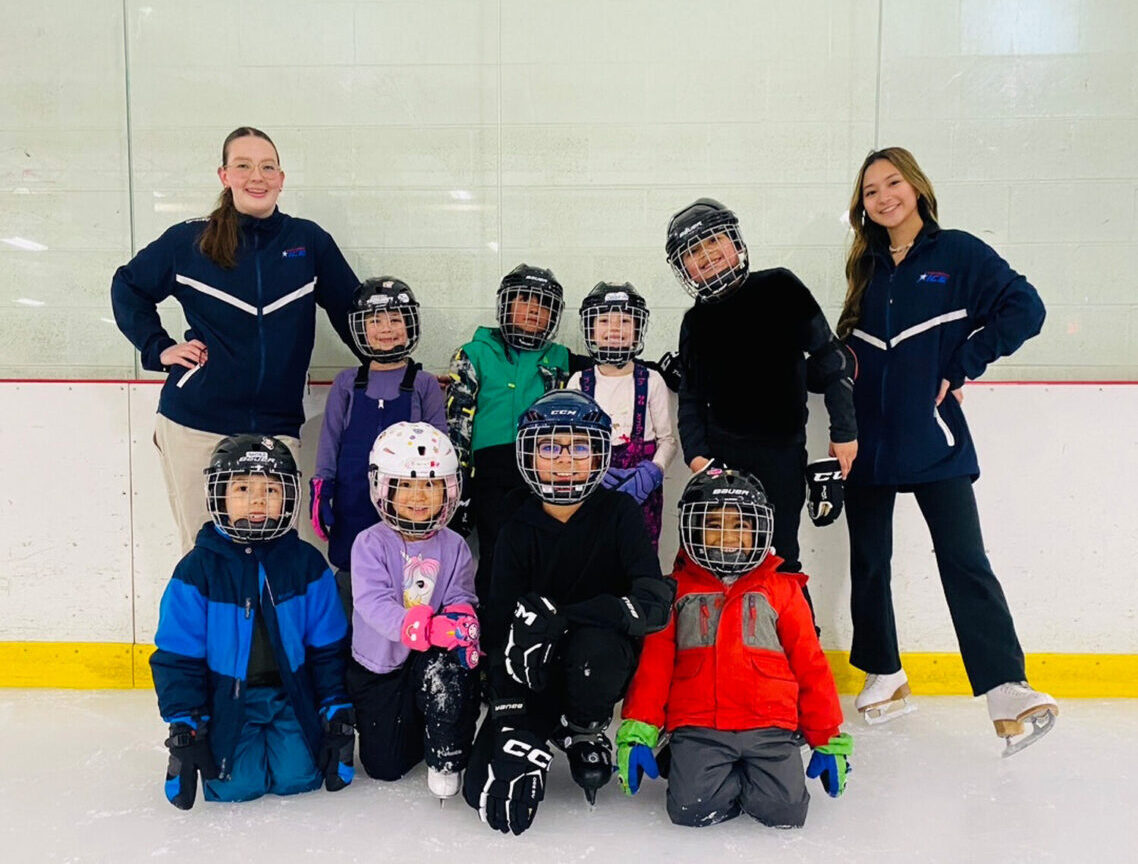
When Should Kids Learn to Skate? The Benefits of Starting Early.
>As the back-to-school season kicks off, it’s a time of new beginnings, fresh opportunities, and renewed focus on academics. But as students sharpen their pencils and dive into textbooks, there’s another essential component of a well-rounded education that shouldn’t be overlooked: sports.
In Canada, where hockey is more than just a game—it’s a national passion—there’s no better time to lace up your skates and get active.
The Connection Between Sports and Education
Sports and education are often seen as separate entities, but in reality, they complement each other in powerful ways. Engaging in sports, whether it’s hockey, soccer, basketball, or any other physical activity, provides students with more than physical fitness. It fosters critical life skills that are just as valuable in the classroom as on the field or ice rink.
- Discipline and Time Management:
Balancing academics and sports requires students to develop strong time management skills. They learn to prioritize tasks, set goals, and maintain a disciplined approach to their responsibilities—skills that will serve them well in all areas of life. - Teamwork and Leadership:
Whether playing on a hockey team or participating in a group project, teamwork is essential. Sports teach students how to work effectively with others, respect different roles, and develop leadership qualities, translating into better collaboration and communication in academic settings. - Perseverance and Resilience:
The challenges faced in sports—overcoming a formidable opponent, bouncing back from a loss, or pushing through a demanding practice—build resilience. This mental toughness is crucial for tackling academic challenges, from difficult exams to complex assignments. - Health and Well-being:
Physical activity is directly linked to improved mental health. Regular participation in sports helps reduce stress, anxiety, and depression, leading to a healthier, more focused mindset that is conducive to learning.
Hockey: Canada’s Favourite Sport
In Canada, hockey isn’t just a sport; it’s a cultural cornerstone. For many students, hockey is a source of pride, community, and identity. As they head back to school, it’s the perfect time to reconnect with this beloved game, whether by joining a team, attending a local game, or simply hitting the rink for casual play.
Hockey uniquely combines physical exertion, strategic thinking, and camaraderie. The skills honed on the ice—such as quick decision-making, coordination, and endurance—are invaluable in sports, academics, and beyond. Plus, the sense of belonging and community that comes with being part of a team is something that every student can benefit from, especially during the transition back to school.
Get Active This School Year
As we gear up for a new academic year, let’s remember the importance of staying active. Encouraging students to participate in sports, particularly hockey, can help them achieve a balanced lifestyle that nurtures mind and body. After all, the lessons learned on the ice or field are just as important as those taught in the classroom.
So, as we head back to school, let’s also head back to sports. Put on your skates, grab your stick, and embrace the power of physical activity. It’s more than just a game—it’s an integral part of a well-rounded education.
Recent Post
-
Back to School, Back to Sports – Setting Kids Up for Success
-
Keep Kids Active This Summer: Hockey Camps & Skating Camps and Programs That Help Kids Thrive—in Sports and in School
-
Breaking Barriers: Celebrating Women in Hockey on International Women’s Day
-
Choosing the Right Hockey Level for Your Child: Setting Them Up for Success
